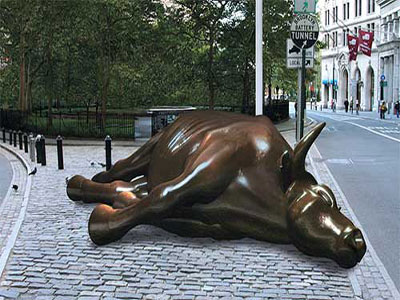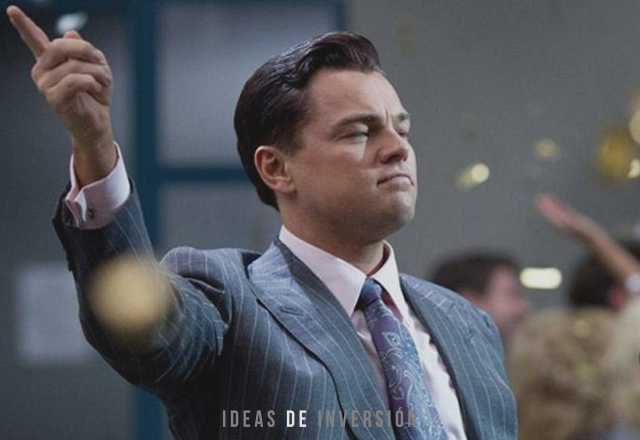 The San Francisco Fed has come out with a research paper connecting the dots between the retiring baby boomers and stock prices. The thinking is that the boomers will divest themselves of stocks as they retire and eat into their savings. This is an old argument, but I still found it interesting.
The San Francisco Fed has come out with a research paper connecting the dots between the retiring baby boomers and stock prices. The thinking is that the boomers will divest themselves of stocks as they retire and eat into their savings. This is an old argument, but I still found it interesting.
The authors, Zheng Liu and Mark M. Spiegel have attempted to quantify the implications. Their principal conclusions:
We find that the actual P/E ratio should decline from about 15 in 2010 to about 8.3 in 2025.
The model-generated path for real stock prices implied by demographic trends is quite bearish. Real stock prices follow a downward trend until 2021.
On the brighter side, as the M/O ratio rebounds in 2025 (BK: M/O = Baby Boomers die), we should expect a strong stock price recovery. By 2030, our calculations suggest that the real value of equities will be about 20% higher than in 2010.
These conclusions are just horrendous! The suggestion is that there is a 15-year bear market in front of us. Multiples will fall by 50%!! I loved the “good news” from the report, that stocks might be 20% higher than 2010, but we have to wait 20 years to see that improvement.
Bloomberg interviewed Spiegel about this report. There was one comment that I thought was telling:
“We do see it as something of a headwind as the economy is attempting to recover.”
This is the worst kind of «Fed Speak» in my opinion. These deep thinkers have it completely wrong. They think that the key to having a stronger economy is higher stock prices. So they spend all of their efforts dreaming up ways to keep the S&P ramping up. I think it is the exact other way around. If the economy were to be growing, it is reasonable to assume that stock price might rise. It is completely false to assume that attempts to jigger stocks higher will lead to a stronger economy.
The dog wags the tail. The tail does not wag the dog.
This is what we get for having academics from Princeton running the show. They have the cause and effect backwards. No wonder the economy sucks.



